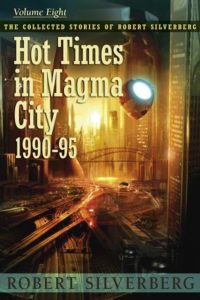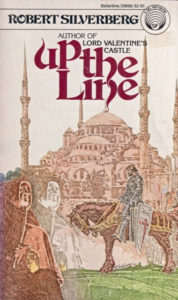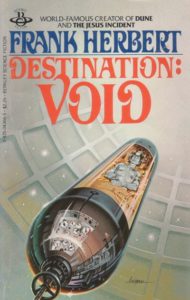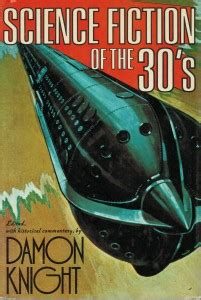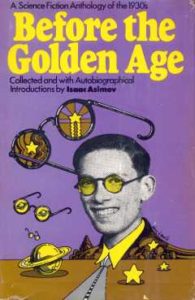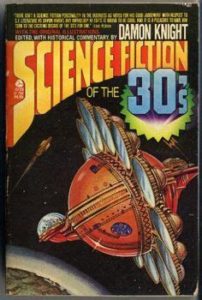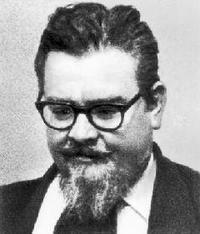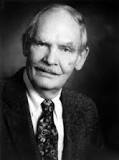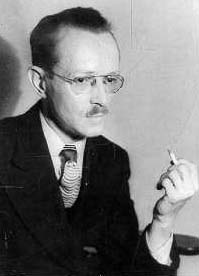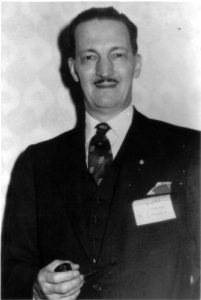 Henry Beam Piper was born on this day, March 23, in 1904. He died of a self-inflicted gunshot wound in 1964.
Henry Beam Piper was born on this day, March 23, in 1904. He died of a self-inflicted gunshot wound in 1964.
Piper is not well known today, and that’s a shame. In his lifetime, he was best known for two series, The Paratime Police and the Terro-Human Future History, as well as the stand-alone short story “Omnilingual”. His best known novels include the Little Fuzzy subseries of his future series and Space Viking, which was a major influence on Jerry Pournelle. Piper was a student of history who built his future history by using real history as a guide, similar to what Poul Anderson was doing with his Technic future history.
I read most of Piper’s works that were in print when I was in high school, which was most of them. The only thing I didn’t read were the Paratime stories. For several years, I had a summer job flagging for a crop dusting company that was spring mesquite trees in cow pastures. What that means is that several men walked across the pasture in (hopefully) a line so the pilot would know where to spray. We would move out of the way ahead of the plane. (These days this is all done by GPS.) One summer I carried a Piper paperback in my backpack and read three or four of his books while I would wait for the plane to get a refill and come back.
I think I’ll read one of the Paratime stories tonight to honor his memory.

